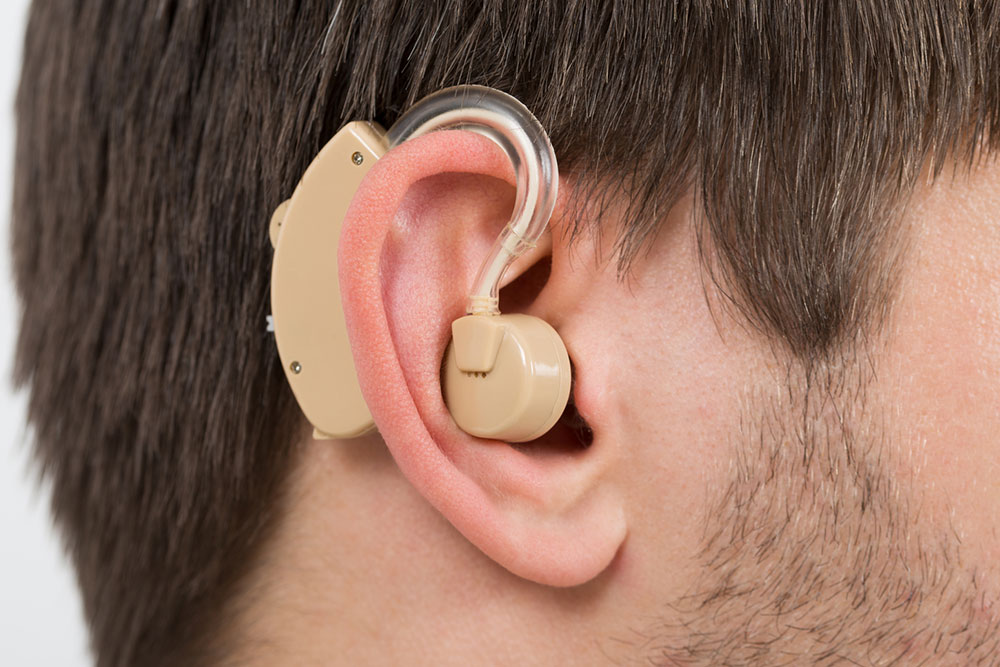
health
5 common mistakes new hearing aid owners must avoid
Hearing aids are a blessing for individuals with hearing loss. These devices amplify and clarify sounds, transforming the wearer’s life and making daily tasks more accessible. However, those new to using hearing aids often find adapting to them and learning their functions challenging during the initial days. Consequently, many people make mistakes when using hearing aids for the first time, compromising efficiency. Here are a few such mistakes to avoid. Not giving oneself enough time to adapt Individuals new to hearing aids may find it difficult to adjust to them at first and may avoid wearing them due to the discomfort. However, one must understand that adapting to these new devices takes time. Users need to get used to wearing them throughout the day and processing unfamiliar sounds in the surroundings. Neglecting to read the instructions Another mistake individuals must avoid when new to hearing aids is neglecting to read the instruction manual. This document explains the device’s functions and adjustments in detail. Adhering to the instructions can prevent a person from misusing the product, which can lead to inadequate performance and unsatisfactory results. Not adjusting the settings Each individual with hearing loss may have different requirements. To address these diverse needs, hearing aids have customizable settings and adjustable volume levels.
Read More 
















